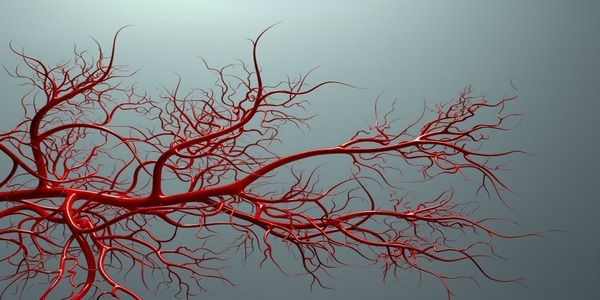"It's a Girl" Screening with Reggie Littlejohn
The Office of Human Dignity & Life Initiatives welcomes Reggie Littlejohn who will screen the documentary, "It's a Girl" onTuesday, April 7 at 2:00pm in the Hesburgh Center Auditorium. Ms. Littlejohn is the founder…

